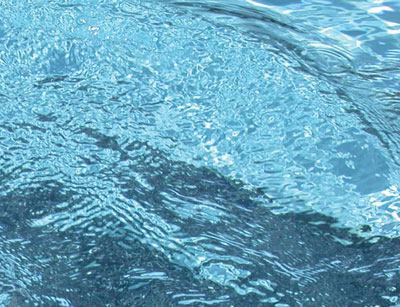On the heels of a federal investigation into safety drain covers that raised questions about a testing agency’s methods and led to a massive recall of drain covers, the agency in question has officially withdrawn from its co-leadership position on a key drain standard.
The International Association of Plumbing and Mechanical Officials is no longer co-secretariat of the APSP 16/APSP 17 standards. The Association of Pool and Spa Professionals standards are set to replace the ASME/ANSI A112.19.8 standard, the standard to which pool drain covers must comply, according to the Virginia Graeme Baker Pool and Spa Safety Act.
When ASME announced its decision to sunset the A112.19.8 standard more than a year ago, both APSP and IAPMO filed to take over the standard and the decision was made for the two groups to work together.
That was before the Consumer Product Safety Commission launched an official investigation into the safety of anti-entrapment covers approved as compliant with the VGBA. Ontario, Calif.-based IAPMO and two other agencies — the National Sanitation Foundation and Underwriter’s Laboratories — were charged with testing the drain covers to ensure they met safety requirements.
But IAPMO’s testing methods were called into question, prompting the CPSC to get involved. It became evident that specifications for testing were not outlined clearly enough in the ASME/ANSI A112.19.8 standard and as a result IAPMO’s testing methods led to improper certification of some covers. In part, those revelations sparked a recall or more than a million drain covers.
Days before the recall, Carvin DiGiovanni, APSP senior director, standards and government relations, sent a tersely worded email announcing the change.
Russ Chaney, IAPMO CEO, maintains the excising of his group’s name from the new standard “wasn’t related to anything that’s been in the news the past year.”
“ Although IAPMO has a staff member who serves on the committee and will continue to do so, given that we had limited ability to influence the process , we felt it was best to continue just as a committee member,” said Chaney.
At present, APSP will continue spearheading the new standards on its own, unless another organization expresses interest in getting involved, said DiGiovanni.
“The APSP-16 committee is in the process of making revisions and is planning to have a draft available for comment by the end of July,” said DiGiovanni.



